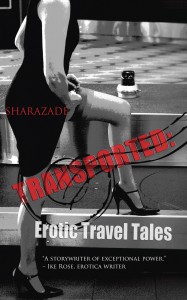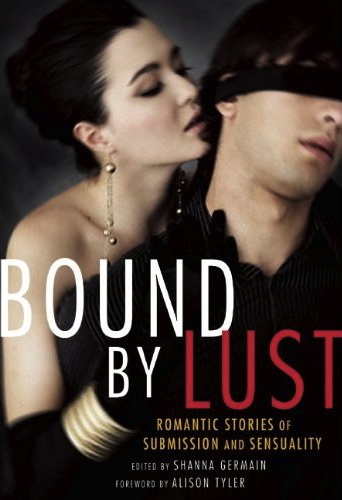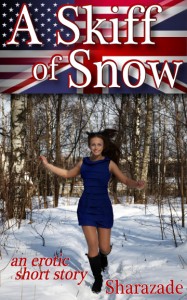I chose Sharazade as a pen name for several reasons: I like the way it looks, and I like the way it sounds. I travel a bit in that area of the world and the name reminds me of that. Principally, though, I chose it for its associations.
Sharazade, perhaps more familiar to Western readers as Scheherezade (the spelling Rimsky-Korsakov chose for his suite), is the princess of 1001 Nights (again, more familiar to some perhaps as the Arabian Nights), a collection of stories from the Middle East and South Asia, told as separate tales framed by the story of Sharazade.
The story goes (and here I refer to the Richard Burton translation; he spells her name as Shahrazad) that the Persian king Shahryar had been betrayed by his first wife. Convinced that women could not be faithful, he resolved to marry only a virgin; spend one night with her; and then behead her. The next day he would select a new virgin, and continue the practice.
He had gone through some 3,000 virgins already at the time Shahrazad’s father related the practice to her. She is horrified, and asks, “O my father, how long shall this slaughter of women endure?” She persuades her father to give her in marriage to the king, saying that either she will live, or she will at least serve as a sacrifice to spare another woman’s life.
That first Shar, now, she had perused the books, annals and legends of preceding Kings, and the stories, examples and instances of by-gone men and things; indeed it was said that she had collected a thousand books of histories relating to antique races and departed rulers. She had perused the works of the poets and knew them by heart; she had studied philosophy and the sciences, arts and accomplishments; and she was pleasant and polite, wise and witty, well read and well bred.
Shahrazad marries Shahryar, who abates her virginity. She asks for a chance to say good-bye to her sister, who is brought to the palace. There, her sister, as previously arranged, beseeches her:
“Allah upon thee, O my sister, recite to us some new story, delightsome and delectable, wherewith to while away the waking hours of our latter night.”
“With joy and goodly gree,” answered Shahrazad, “if this pious and auspicious king permit me.”
“Tell on,” quoth the King, who chanced to be sleepless and restless, and therefore was pleased with the prospect of hearing her story.
She begins the story, then: The Tale of the Trader and the Jinni. Ah, but it is a long story, and she doesn’t finish it by dawn. She arranges to end on a cliffhanger, and King Shahryar is too caught up in the story to be able to behead her. He therefore spares for another day so that she may finish the story. Well, on it goes — each night she finishes the old story and begins a new one, which doesn’t finish before dawn.
After a thousand and one nights of this, the King either realizes she is faithful; or forgives women; or comes to love her; or has become addicted to her stories (accounts vary). But her life is spared and they live — well, you know. Happily ever after.
Now, isn’t that the mark of a good story? So compelling that you simply must return the next day to see what happens. It’s what makes a successful serialization of a novel or a television show; it’s what brings readers back to their favorite authors; it’s what inspires people to call a certain book a “page turner.”
It’s also an important yet overlooked quality in erotic writing, which those unfamiliar with the genre sometimes assume to be just a sex scene. Of course there are sex scenes in erotic stories — but it’s the plot, the story, that draws the reader in. Otherwise you have a movie made up of only the chase scene. A sex scene alone won’t bring the King back the next night; that sex must happen for a reason, to compelling characters, in a story we want from beginning to end.
And then… the next one begins.
(excerpts from The Book of the Thousand Nights and One Night (Kitāb ‘alf layla wa-layla), translated by Richard Francis Burton.)








